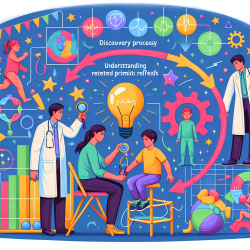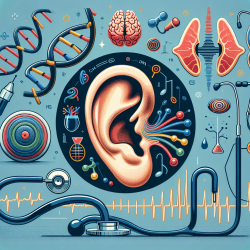In a groundbreaking study titled Autistic discussion forums: insights into the topics that clinicians don’t know about, researchers Catherine L. Caldwell-Harris, Tiffany McGlowan, and Katherine Beitia reveal the wealth of information available on user-led autism discussion forums. These forums are not only valuable for individuals with autism and their families but also for clinicians and researchers looking to improve their understanding and practice.
Here are some key takeaways from the research and how clinicians can benefit:
Debunking Myths and Misconceptions
The study found that autism discussion forums frequently address and debunk common myths about autism. For example, contrary to the myth that autistic people lack emotions, many forum users discussed their deep emotional experiences and challenges with emotional regulation. This kind of nuanced understanding is crucial for clinicians who may still hold outdated beliefs.
Rich Source of Current Information
Autism forums often discuss topics that are only slowly making their way into academic literature and clinical practice. The study compared forum discussions to the latest updates in the DSM-5-TR and found that many of these "new" insights had been discussed in forums for years. This highlights the importance of clinicians staying updated through these platforms.
Understanding Subtle Symptoms
Forums provide a platform for discussing the more subtle symptoms of autism, especially in individuals without intellectual or language impairments. These subtle symptoms are often overlooked in clinical settings but are crucial for accurate diagnosis and effective treatment.
Female-Specific Symptoms
The research also highlighted that forums are rich in discussions about how autism presents differently in females. This is an area that has been historically under-researched but is gaining more attention. Clinicians can gain valuable insights into female-specific symptoms and experiences by engaging with these forums.
Practical Implications for Clinicians
By reading and analyzing these forums, clinicians can gain real-world insights that are often missing from academic research. This can help them provide better, more empathetic care to their autistic patients. For instance, understanding the challenges autistic individuals face in social interactions can lead to more effective social skills training and support strategies.
In summary, autism discussion forums are a treasure trove of information that can greatly benefit clinicians. They offer a unique perspective that is both current and deeply rooted in the lived experiences of autistic individuals.
To read the original research paper, please follow this link: Autistic discussion forums: insights into the topics that clinicians don’t know about.










